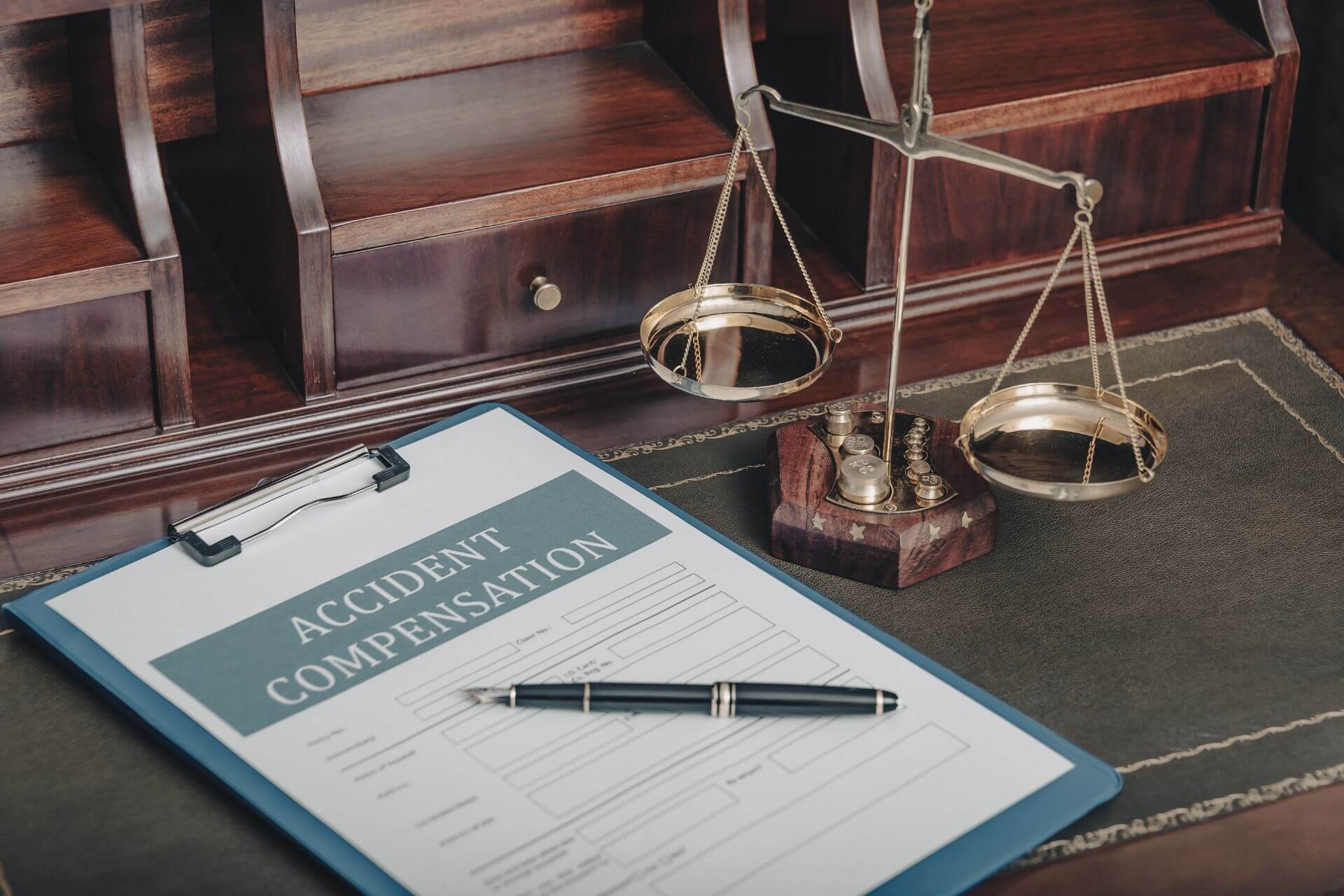Hearing loss from workplace noise is one of the most prevalent occupational injuries, especially in fields like construction, manufacturing, and agriculture. Workers exposed repeatedly to excessive decibel levels can sustain a permanent injury that impacts both their everyday lives and future earning potential. Wisconsin workers’ compensation laws specifically allow injured workers to get some money for their injuries. Knowing what to anticipate is important to ensure you will receive the benefits to which you may be entitled.
Table of Contents
Recognizing Workplace Hearing Loss
Hearing loss can develop when you are regularly exposed to loud workplace noise over an extended period of time. Unlike sudden injuries, this type of damage usually happens gradually, making it harder for workers to notice until the condition becomes serious. Prolonged exposure can damage or destroy the tiny hair cells inside the cochlea, the part of the inner ear responsible for translating sound vibrations into signals your brain can process.
Once these hair cells are damaged, they do not grow back, which means the hearing loss is permanent. This type of condition is known as noise-induced hearing loss, and it is one of the most common occupational injuries in industries such as construction, farming, and manufacturing. Because it develops slowly, many workers don’t realize the extent of the damage until it begins interfering with their ability to communicate at work or perform daily activities, making early detection and documentation especially important for workers’ compensation claims.
What is Covered by Compensation
Wisconsin workers’ compensation benefits usually cover medical costs, wage loss, and permanent impairment awards. Medical coverage may include audiology tests, hearing aids, therapy, and continuous care for tinnitus.
Wage loss is calculated based on your average weekly wage and the amount of hearing loss that impacts your work duties. Permanent impairment awards are calculated according to the state commission guidelines, considering factors such as the severity of damage and the long-term consequences of your hearing injury.
Occupational Hearing Loss in the Construction Industry: Risks, Prevention, and Legal Rights
Assessment of Claims
Insurance companies and the state assess claims based on a number of factors. Whether the hearing loss meets the standard for severity and is confirmed and documented through medical letters, audiograms, and physician assessments, how has the hearing loss affected your work performance and ability to support yourself, etc..
Having the details about workplace exposure (decibel level, duration of exposure, and whether hearing protection was worn) will be crucial in your claims process. Hearing loss claims are best made as soon as you notice the hearing loss. The longer you wait to report them, the more they can become scrutinized and possibly reduced.
Workers’ Compensation vs. Personal Injury: Which Path to Take?
How to file a Workers’ Compensation Claim
In the majority of US jurisdictions, noise-induced hearing loss is regarded as a compensable injury. The purpose of the workers’ compensation system is to assist those who experience health problems related to their jobs, particularly those that arise gradually. Compensation for medical examinations, audiological assessments, and assistive technology such as hearing aids may be obtained through hearing loss claims.
Financial benefits for the permanent disability itself may also be obtained by filing a claim. For elderly or retired miners who could be on fixed incomes, this is especially important. Workers’ compensation becomes an important resource because many private insurance policies do not cover the whole cost of testing or hearing aids.
It is important to report your hearing problem to your employer right away. Getting medical attention will also help to ensure documentation is on record to support your claim, and we recommend speaking to an experienced workers’ compensation attorney.
An attorney can help you navigate the filing process, gather the appropriate evidence, and advocate on your behalf so that you ultimately receive your full entitled benefits. You may submit a claim to your employer’s insurance carrier or file directly with the Wisconsin Department of Workforce Development, depending on the circumstances.
Legal Aspects and Deadlines
In Wisconsin, the law requires workers to report injuries timely manner, typically within thirty days after they become aware of them. There are statutes of limitations, so timeliness is crucial.
The filing of a workers’ compensation claim is protected from retaliation and wrongful termination. Knowledge of your rights ensures that you can work with the system confidently and avoid fatal mistakes.
Suggestions for Obtaining Your Maximum Benefits
Document everything rigorously:
- Medical records,
- Noise levels at the workplace
- Everything communicated to you by your employer.
Make sure you comply with your medical treatment and responsibilities to report for evaluations. Consulting an experienced attorney early in the process facilitates the avoidance of mistakes in filing and negotiating a fair settlement. Being proactive and knowledgeable enhances your chances of obtaining full benefits.
Sources
- https://dwd.wisconsin.gov/wc/
- https://www.osha.gov/noise
Contact Us
If you, or anyone you know, worked in noise and suffers from hearing loss, please do not hesitate to contact us.
Contact Us


